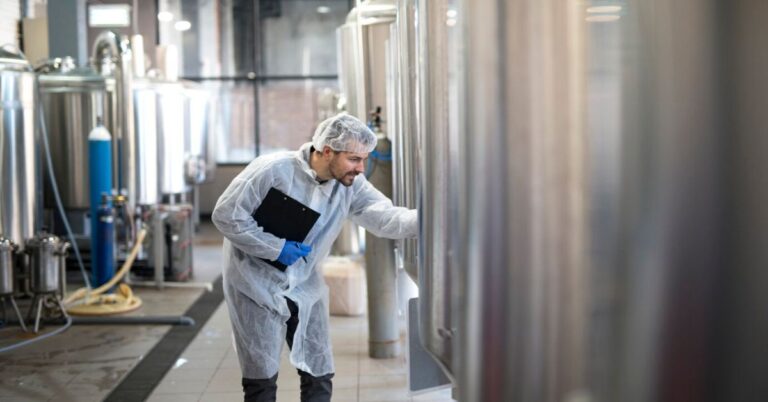Introduction
Lurking beneath the bustling surface of any successful restaurant is the pivotal yet often overlooked component of grease traps. These unsung kitchen heroes capture fats, oils, and grease (FOG) before entering the sewage system. Proper maintenance of grease traps is not only a legal requirement but also crucial for ensuring the health and safety of a restaurant’s operations. Understanding the importance of consistent cleaning can save owners from costly repairs and reputational damage.
The Importance of Professional Grease Trap Cleaning
While it may be tempting for restaurant owners to cut costs by attempting to clean grease traps themselves, the importance of hiring professional grease trap cleaning services cannot be overstated. Professionals come equipped with the training, experience, and specialized tools necessary to effectively and safely remove accumulated grease and debris. In metropolitan areas, accessing professional Denver grease trap cleaning services ensures that the job is conducted according to local regulations, mitigating the risk of penalties or sanctions. Moreover, these experts can identify potential issues before they become problems, saving time and money in the long run.
The Role of Grease Traps in Restaurant Sanitation
Grease traps serve as crucial barriers between kitchen waste and public sewage systems. By capturing FOG substances, they prevent plumbing clogs that can lead to unpleasant odors, sanitation issues, and even health code violations. A neglected grease trap poses operational headaches and risks contaminating restaurant premises. Maintaining a regular cleaning schedule ensures restaurant owners a safer, cleaner environment for staff and customers.
How Regular Cleaning Prevents Plumbing Disasters
The failure to address grease trap maintenance can result in severe plumbing disasters. When grease traps overflow, the excess sludge can solidify within pipes, causing backups and corrosion. This not only disrupts daily operations but can also necessitate extensive and costly repairs. Consistent cleaning ensures these traps function effectively, preventing waste from becoming an expensive problem. Regular maintenance also extends the life of kitchen plumbing infrastructure, safeguarding the restaurant’s investment in its facilities.
Regulations and Compliance
Regulatory bodies enforce strict guidelines regarding grease trap maintenance to protect public health and the environment. Non-compliance can result in hefty fines, increased scrutiny, and, in some cases, temporary shutdowns. Professional cleaning services help ensure adherence to these rules, providing documentation and detailed records demonstrating compliance during health inspections. By partnering with skilled professionals, restaurant owners can focus on delivering excellent service without the looming threat of regulatory pitfalls.
The Drawbacks of DIY Grease Trap Cleaning
Though seemingly economical, do-it-yourself cleaning methods often prove inadequate for grease trap maintenance. Many improper DIY attempts can leave behind residual grease, which accumulates, eventually leading to the same problems professionals aim to prevent. Additionally, restaurant staff may inadvertently damage the trap without the appropriate machinery and expertise or fail to comply with local waste disposal laws. This approach can pose safety hazards and incur further costs due to inadequate cleaning.
The Cost-Saving Benefits of Professional Services
While the upfront cost of hiring professional grease trap cleaners may seem significant, it is an investment that pays dividends over time. Effective cleaning prevents the need for emergency repairs and plumbing overhauls. Moreover, many professional services offer flexible maintenance schedules tailored to a restaurant’s needs, ensuring traps are cleaned at optimal intervals. By avoiding the hidden costs associated with neglected maintenance, restaurants can allocate resources to growth and customer service improvements.
Conclusion
Maintaining a high sanitation standard is non-negotiable in the competitive world of culinary services. Effective grease trap cleaning ensures a restaurant operates efficiently and complies with health regulations. By prioritizing professional grease trap maintenance, restaurant owners safeguard their operations against disruptions and contribute to a healthier, more sustainable community infrastructure. Investing in professional services ensures peace of mind, allowing restaurateurs to focus on what they do best: serving delightful and safe meals to satisfied customers.

